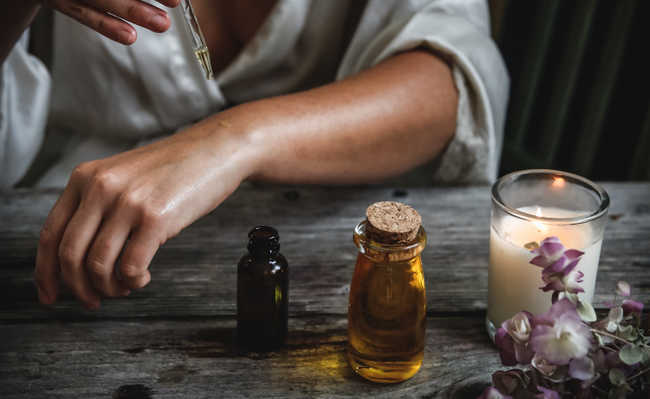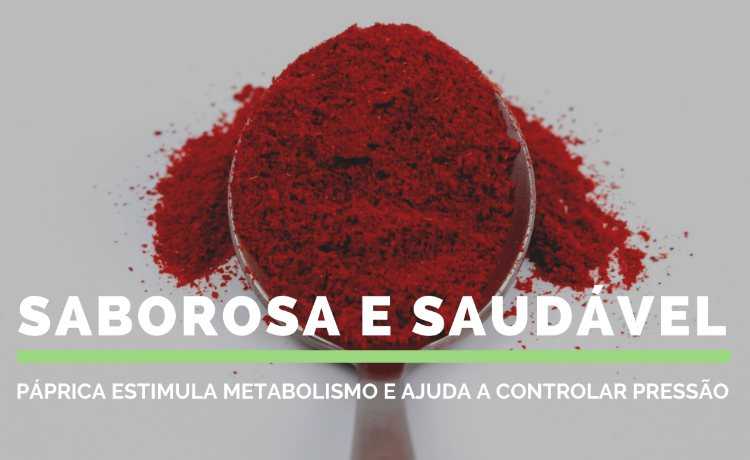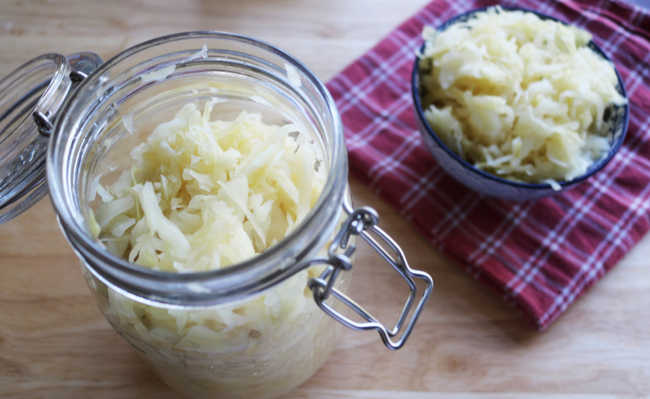Jojoba oil: what is it for and benefits
Jojoba oil prevents water loss from the skin, aids hair growth and more

Edited and resized image of Chelsea shapouri, is available on Unsplash
Jojoba oil is extracted from jojoba, a bush-like plant; being native to North America, in the Mojave and Sonoran deserts, in Arizona, California and Mexico. The fruit given by jojoba is similar to a bean, greenish and oval and, when the skin is removed, has seeds inside.
The oil can be extracted from the jojoba grain. Since the plant's shrubs grew in the deserts of the United States, the production of jojoba bean oil was only an interest of Native American tribes, being used to treat wounds and skin problems, but due to its many benefits its use has become if very broad, especially in the cosmetic industry.
The beans are harvested manually. The husks are removed and the seeds are cold pressed to extract vegetable oil, which is also known as a liquid wax. Cold pressing does not interfere with the composition of the oil, thus maintaining its nutrients. Jojoba oil is composed of vitamins A, B1, B2 and E, myristic acid, but its composition is almost exclusively given by ceramide, present in 96% of the oil.
- Is Ceramide hydration or nutrition?
Ceramide is a lipid composed of an unsaturated alcohol and a long chain of fatty acids linked to an amide. Ceramide is an important compound in the stratum corneum of the epidermis, which is responsible for the permeability barrier of the skin, preventing the penetration of harmful agents from the environment and the transepidermal loss of water, keeping the skin hydrated. It provides a powerful increase in the skin's water retention capacity, contributing to hydration and smoothness.
In addition to the emollient and humectant properties of ceramide, the vitamin E present in the oil provides an antioxidant effect and myristic acid provides anti-inflammatory action and protects against irritation. Due to these diverse properties, jojoba oil serves many purposes.
- What is carrier oil and how to use it
applications
Its versatility is reflected in the production of various products from candles, lubricants, tires and soaps to its use in cosmetics, mainly related to the control of skin sebum production.
Sebum is an oily secretion produced by the sebaceous glands, mainly on the face, back and scalp, in order to keep the skin moist, as it forms an impermeable layer, preventing water loss. However, its excessive production can clog the pores causing acne and leaving it oily, and if it is produced in too little, the skin will be dry. Thus, controlling the production of sebum can help prevent the appearance of acne, as the skin is less oily and helps control moisture, keeping it hydrated.
Since jojoba oil is composed of wax esters, it is very similar to the sebum produced by human skin, being easily absorbed and unlikely to cause any type of allergy. It has the ability to regulate the production of sebum, balancing it so that there is no excess or little production. For this reason, the oil is widely used in cosmetics to treat pimples, control oiliness and also to moisturize dry skin.
On the scalp, residues of conditioner, creams and other products can accumulate, and when cleaning is not done properly, the skins stick together on the surface, making it difficult to exchange cells and the sebum gets stuck, causing the skin to harden. follicles.
The fact is that sebum embedded in the scalp prevents hair growth. Reports claim that jojoba oil helps hair growth, but what actually happens is that the oil dissolves these sebum, unclogging and oxygenating the scalp, and thus can produce new cells that will make the hair grow.
Sebum production decreases with age, causing dryness and the appearance of wrinkles. Jojoba oil replenishes lost moisture and reduces the appearance of wrinkles, delaying aging and providing elasticity and firmness to the skin.
In addition, the oil is a lubricant, humectant and emollient, softening and nourishing brittle hair, and is also great for treating dandruff. As a humectant, it can be used before washing the hair, pure or mixed with moisturizing creams, it is good against dandruff - to dissolve sebum, it should be applied only in its pure form, directly on the scalp, massaging it, it can also be used as a finisher. With just two drops of oil applied to the ends of the hair, the split ends and the frizz are softened.
Other important applications of jojoba oil are the fact that it has antibacterial and anti-inflammatory properties due to the presence of myristic acid, which is a good choice for those suffering from skin conditions such as psoriasis, eczema and irritation. Jojoba oil is also very good for soap making, as myristic acid has great detergency, foaming power, protects from the irritating effects of soaps and detergents, and provides a velvety feel.
Studies also show that jojoba oil accelerates skin regeneration in wounds, scars and burns, as well as irritated skin caused by razor blades. It is noteworthy that, for all the uses mentioned, 100% natural oil must be applied and free of any chemical substance that could be harmful to health, such as parabens. You can find pure jojoba oil and others at eCycle store.










